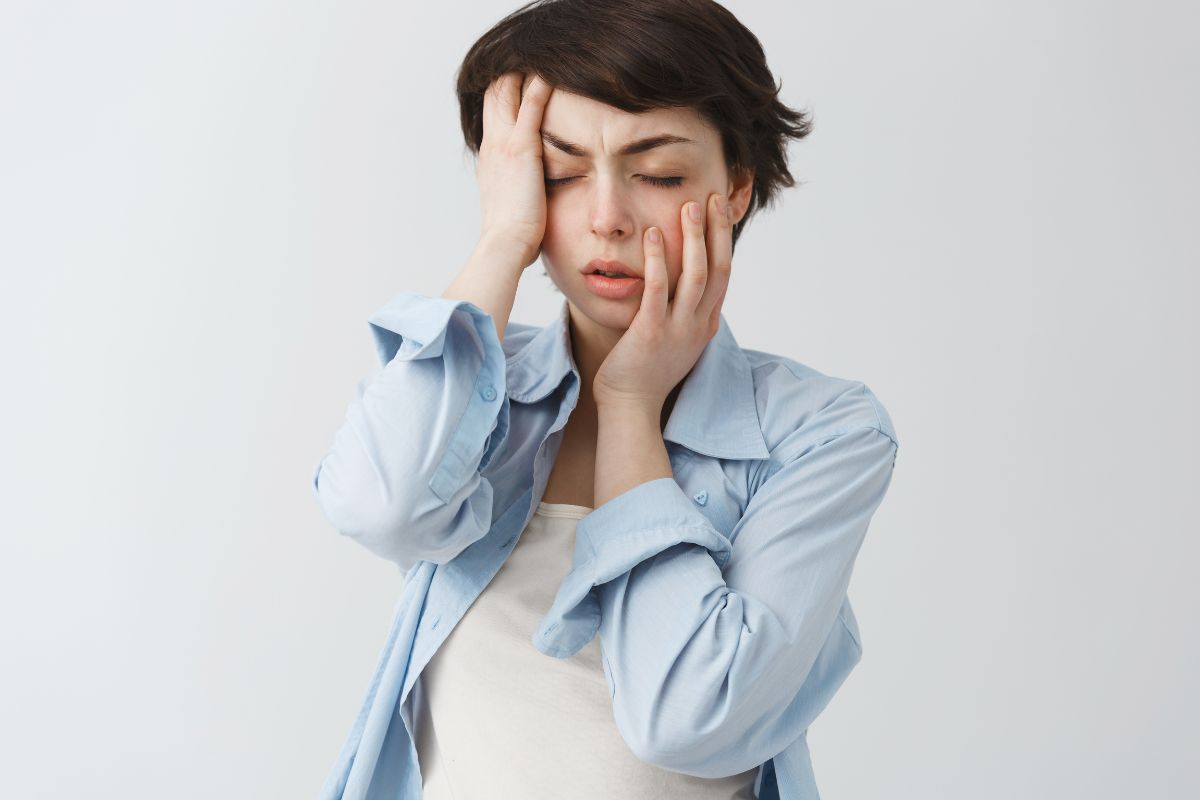
A dizziness is a feeling of imbalance or instability, which can be described as vertigo (spinning sensation), floating or an imminent feeling of falling or fainting. This symptom affects spatial perception and body control. Dizziness is not specific, that is, there are several health problems that can trigger this condition.
What are the main causes of dizziness?
Dizziness can be caused by disorders of the vestibular system, such as labyrinthitis, vestibular neuritis, benign paroxysmal positional vertigo (BPPV) and Menière's disease, circulatory problems, such as hypotension, dehydration and cerebral vascular insufficiency, neurological conditions and metabolic disorders.
What is good for relieving dizziness?
To quick relief from dizzinessit is recommended to sit or lie down in a safe place until the unpleasant sensation improves. It is also important to maintain adequate hydration levels and avoid poorly ventilated and hot environments. In the case of positional vertigo, there are some maneuvers that can be effective.
During these episodes, guidance is avoid driving or carrying out potentially dangerous activities. When symptoms recur or persist, it is important to seek medical evaluation to exclude more serious problems and advise on the best form of treatment.
When to worry about dizziness?
When dizziness is persistent, without relief even with rest, or when it becomes frequent and repetitive, it is important to investigate.
Furthermore, it is considered worrying when it is accompanied by other signs and symptoms, for example, severe headaches, loss of consciousness, difficulty speaking, weakness on one side of the body, double vision or hearing loss.
These signs may indicate more serious conditions, such as a cerebrovascular accident (CVA) or the presence of brain tumors, and a priority neurological evaluation is absolutely necessary.
Dr. Felipe Mendes, neurosurgeon and member of the Brazilian Society of Neurosurgery. Instagram: @drfelipemendesneuro




